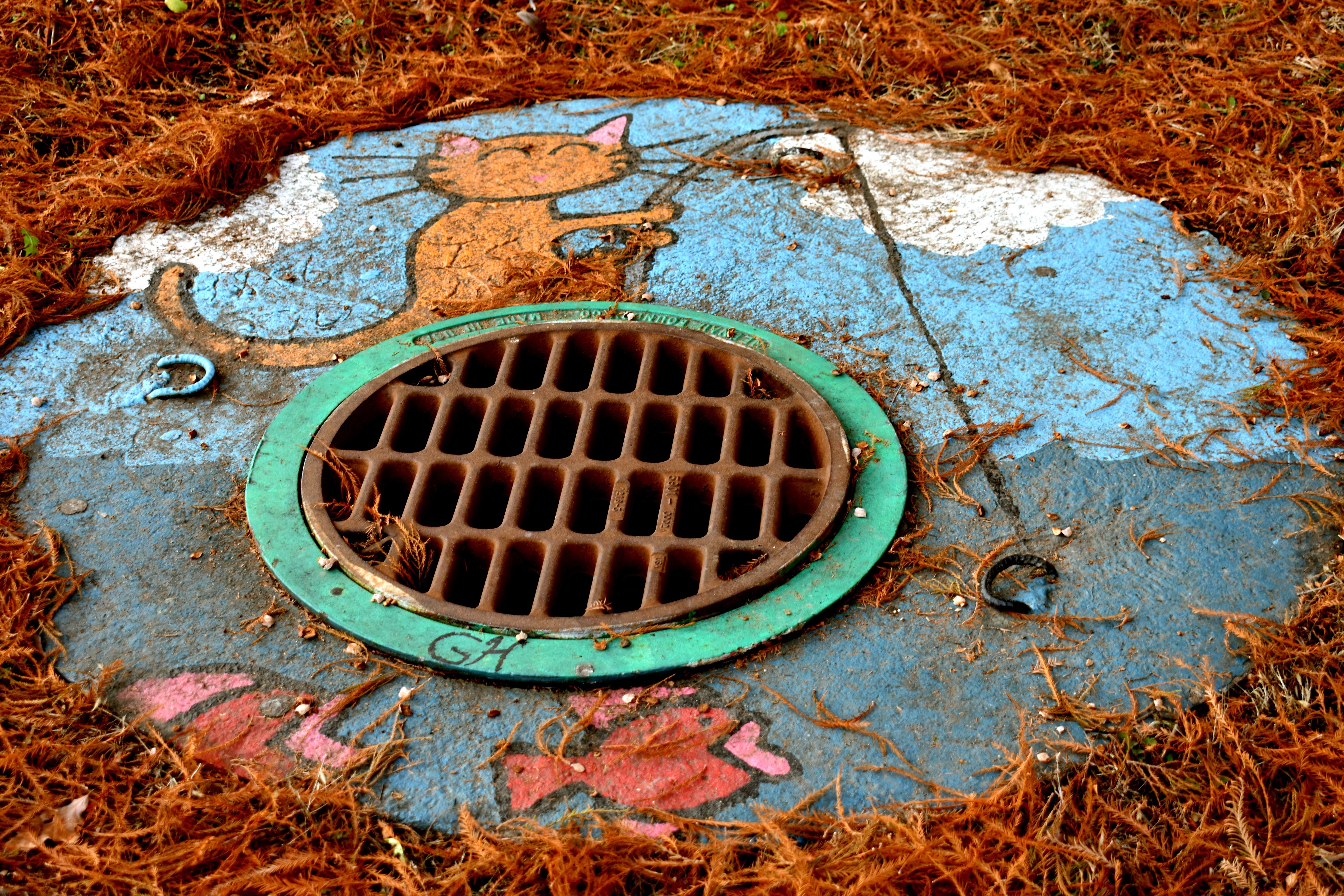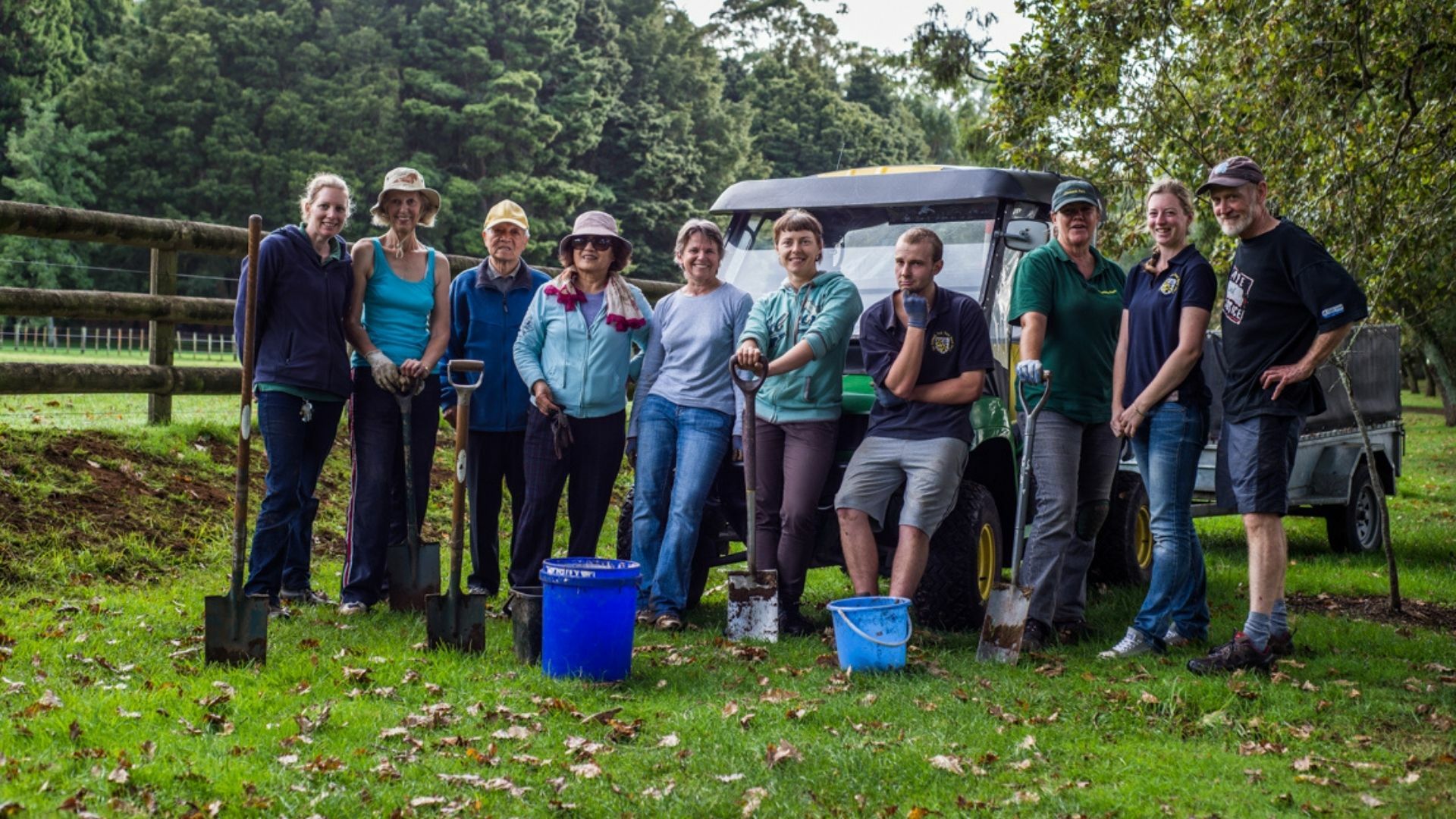Ecology
sustainability tips and tricks
You don't have to be a full-blown eco-warrior leading a self-sufficient, zero waste lifestyle to make a difference. A great way to start is by slowing down and being conscious of how the small choices you make each day impacts the environment.

Water
Everybody might know about the importance of shorter showers and turning the tap off whilst brushing your teeth to conserve water, but how about those two buttons when using the loo? Yes, dual toilets really do work! In fact, dual flush toilets use on average 67% less water than a normal toilet when used correctly. This means using the small button for liquid waste and the larger button for solid waste. Another element to water sustainability that can be easily overlooked are drains. Drains unlike the sinks, showers and toilets within your home lead straight to the ocean without any treatment. Meaning, only rain should go down the drain. The biggest problems arise when rubbish gets washed down drains and heads straight to the ocean; as well as cars being washed on driveways rather than grass. This results in washing liquids polluting the sea and harming wildlife.

Waste
Recycling is a great start to reducing the amount of waste being sent to the landfill however, it is not the solution. The first thing to consider is refusing, by saying no to paper bags when offered, bringing your own reusable bag when shopping or opting for none. Reducing the amount of waste you are producing is also important. To reduce waste, you could opt for reusable replacements like keep cups for takeaway coffee’s, or you could ask yourself ‘can I reuse this?’ before throwing things away. Perhaps your ice cream container can be used for freezing leftovers or your tin cans can be used for a kid’s art project. Watch this video to get an insight of what happens to Auckland’s recycling:
When recycling keep these useful tips in mind:
- Different plastics are created differently, making some easy to recycle whilst others are considered to have low-value and limited use and so are not recycled. Look for the numbers 1, 2 and 5 inside of the arrowed triangle when recycling in New Zealand, these numbers can be recycled!
- Rinse out containers and empty food scraps (including those crusts of pizza from the box, a bit of grease is fine)
- Keep bottle caps attached to bottles, otherwise they can be missed in the sorting process.
- Number 4 plastics are soft-plastics which can only be recycled by taking to collection centres. If you can scrunch the plastic in your hand, then you can take it to one of these places for recycling:
- Plastic numbered 3, 6 and 7 can't be recycled in New Zealand as they have such a small market demand, due to their low-quality. When shopping try to avoid purchasing products with plastic 3, 6 and 7 for this reason.
For a quick check to see if something is recyclable or not, look at the sticker inside your recycling bin lid.

Travel
A central concept to sustainability is the alignment of pro-environmental actions with individuals' priorities, such as money saving through limiting energy use or mode of transport. This is called multi-model motivation. As Auckland's fuel tax continues to hurt, why not experience this concept yourself? Try public transport, biking or walking when you can, to save not only your wallet but also to reduce your carbon footprint? Discover what your carbon footprint is by doing this 5-minute survey.
Locally
Local is best. Following the multi-model motivation concept explained above, lockdown has given us another reason to keep your purchases local. Not only will you be reducing your carbon footprint by shopping at local markets instead of online shopping which has large transport emissions. You will also be helping your community by helping those small businesses that may be struggling.

Volunteering
Why not give eco-volunteering a go yourself? It is a great way to get some exercise, meet like-minded people, discover new places and of course lend a hand to a meaningful project.
